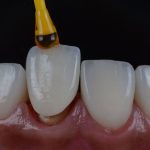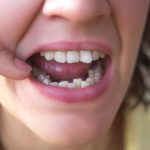Healthy Pup, Happy Smile: How Often Should You Get Your Dog’s Teeth Cleaned?
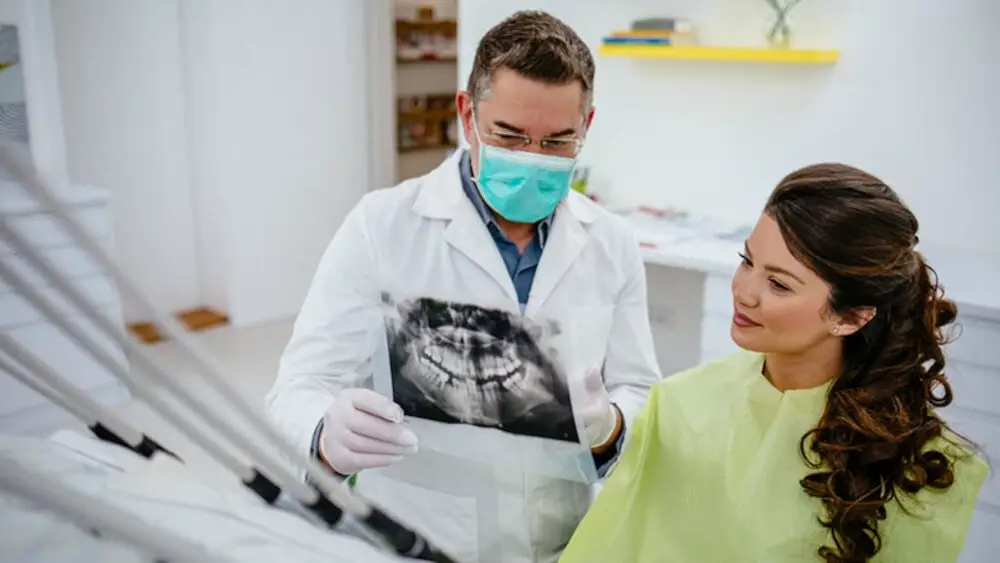
Taking care of your furry friend’s teeth is an often-overlooked aspect of their overall health. Just like humans, dogs can suffer from dental problems such as tartar buildup, bad breath, and periodontal disease. These issues can lead to pain, infection, and even tooth loss, affecting not only their oral health but their overall well-being. As a responsible pet parent, it’s essential to understand the importance of dental hygiene and how often your dog’s teeth should be cleaned. Maintaining healthy teeth and gums is crucial for your dog’s overall health and longevity. Poor dental hygiene can lead to various health issues, including heart, liver, and kidney diseases. Therefore, it’s essential to keep a regular cleaning schedule for your dog’s teeth. However, the frequency of cleaning depends on various factors such as breed, age, diet, and oral health history. In this article, we will discuss the different factors that influence dental hygiene and recommend the optimal cleaning schedule for your furry friend.
Dental hygiene is essential for the overall health and well-being of dogs. The accumulation of plaque and tartar on their teeth can lead to various dental problems such as gum disease, bad breath, and tooth decay. These issues can cause discomfort and pain and even lead to more severe health problems if left untreated. Therefore, it is crucial to maintain a regular dental hygiene routine for your furry friend, including brushing their teeth daily, providing them with dental chews or toys, and scheduling regular professional cleanings with your veterinarian. By doing so, you can ensure that your dog maintains a healthy and happy smile for years to come.
The article \Healthy Pup Happy Smile: How Often Should You Get Your Dog’s Teeth Cleaned\ discusses the importance of dental hygiene for dogs. It highlights that dogs, like humans, require regular dental care to prevent dental diseases and bad breath. The article explains the various dental problems that dogs may experience, such as plaque buildup, gingivitis, and periodontitis, and how these problems can have negative effects on a dog’s overall health. Additionally, the article provides guidance on how often dogs should have their teeth cleaned and offers tips on how to maintain good dental hygiene for canines. Overall, the article emphasizes that a healthy mouth leads to a healthy and happy dog.
Why Dental Hygiene is Important for Dogs
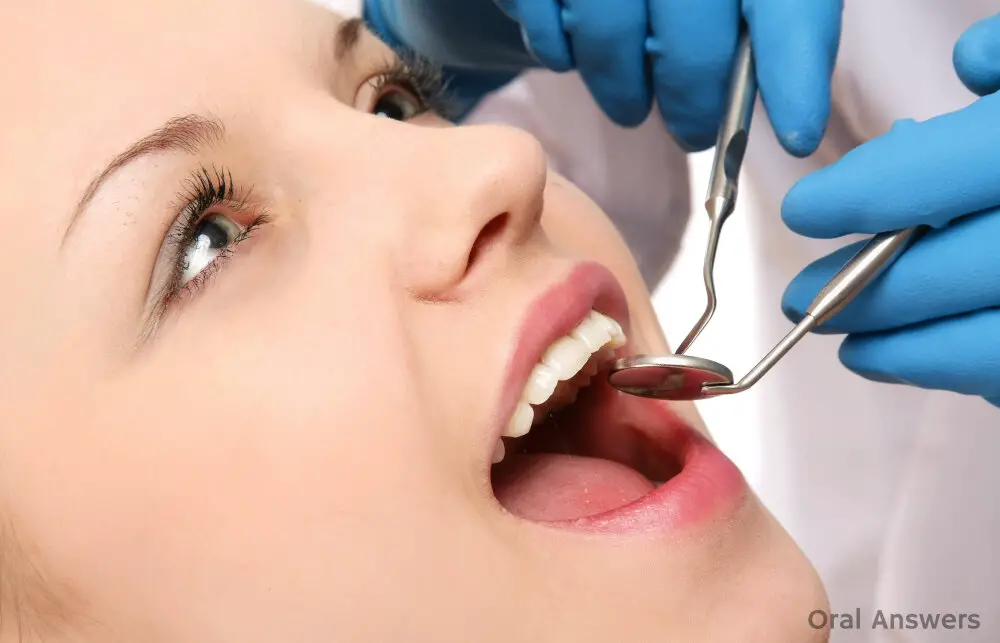
Dental hygiene is important for dogs because just like humans, they can suffer from a variety of dental problems such as tartar buildup, gum disease, and tooth decay. These issues can cause pain and discomfort for dogs, affecting their overall health and wellbeing. In addition, poor dental hygiene can lead to bad breath and make it difficult for dogs to eat and enjoy their food. Regular dental care can help prevent these problems and keep dogs healthy and happy. Preventive measures such as brushing your dog’s teeth regularly and providing them with dental chews and toys can help maintain good dental hygiene. However, regular professional dental cleanings from a veterinarian are also essential. Veterinarians can perform a thorough cleaning of your dog’s teeth, removing tartar buildup and identifying any potential dental issues. This can help prevent more serious dental problems from developing and ensure that your dog’s teeth and gums stay healthy. Overall, prioritizing dental hygiene for your dog is crucial for their health and happiness.
Poor dental hygiene in dogs can lead to a variety of unpleasant consequences. One of the most common is bad breath, which can make it unpleasant to be around your furry friend. In addition, dogs with poor dental hygiene are at risk of developing periodontal disease, which can cause pain, inflammation, and even tooth loss. This can make it difficult for dogs to eat properly and can result in weight loss and other health problems. Furthermore, bacteria from periodontal disease can spread to other parts of the body, including the heart, liver, and kidneys, leading to serious health complications. Regular dental cleanings and good dental hygiene practices can help prevent these issues and keep your dog healthy and happy.
Maintaining good dental hygiene in dogs is crucial for their overall health and well-being. Poor oral health can lead to various health issues such as gum disease and tooth decay, which can then result in infections that can spread to other parts of the body, including the heart, liver, and kidneys. Therefore, it is recommended that dogs receive regular dental check-ups and cleanings by a veterinarian. Additionally, pet owners can help prevent dental issues by brushing their dog’s teeth regularly and providing them with dental chews and toys to help clean their teeth and promote healthy gums. By taking care of your dog’s dental health, you can ensure that they are happy and healthy for years to come.
How to Maintain Your Dog’s Dental Hygiene at Home

Maintaining your dog’s dental hygiene is essential for their overall health and well-being. Poor dental hygiene can lead to various dental problems, including bad breath, gum disease, and tooth loss. By following a few simple steps, you can ensure that your furry friend’s teeth and gums remain healthy and strong. First and foremost, it is essential to brush your dog’s teeth regularly. You can use a soft-bristled toothbrush and toothpaste specially designed for dogs. It is best to start brushing your dog’s teeth at a young age to get them used to the process. Be sure to brush all sides of their teeth and gums gently and thoroughly. Another way to maintain your dog’s dental hygiene is to provide them with dental chews and toys. These items help reduce plaque and tartar buildup, promoting good oral health. There are various types of dental chews and toys available, and you should choose the one that best suits your dog’s needs. Additionally, it is essential to schedule regular dental checkups with your veterinarian. They can perform a thorough dental exam and recommend any necessary treatments or procedures to keep your dog’s teeth and gums healthy. By following these simple steps, you can ensure that your furry companion has a happy and healthy smile for years to come.
Regular brushing and dental chews play a vital role in maintaining the oral health of your furry friend. Brushing your dog’s teeth regularly helps to remove plaque buildup, prevent gum disease, and combat bad breath. Dental chews are specifically designed to help clean your dog’s teeth and freshen their breath. They also promote healthy chewing habits and reduce the risk of dental issues. Neglecting your dog’s dental hygiene can lead to serious health problems, such as infections, tooth loss, and even heart disease. Therefore, it is crucial to establish a dental care routine for your dog and make sure to include regular brushing and dental chews in their daily routine.
Brushing your dog’s teeth is an essential part of maintaining their overall health and well-being. Here are some tips to make the process easier for both you and your furry friend. Start by introducing your dog to the toothbrush and toothpaste gradually, allowing them to sniff and lick it before attempting to brush. Use a toothbrush specifically designed for dogs and a toothpaste that is safe for them to ingest. Begin by brushing the front teeth and gradually work your way to the back teeth over time. Be gentle but firm, using circular motions to clean the teeth and gums. Regular brushing, at least three times a week, can help prevent dental issues and keep your pup’s smile shining bright.
Dental chews provide several benefits to dogs, including improving their oral hygiene, reducing bad breath, and preventing the formation of plaque and tartar. These treats contain natural ingredients that help to clean teeth and massage gums as dogs chew on them. Regular use of dental chews can also help to prevent tooth decay, gum disease, and other dental problems that can lead to pain, discomfort, and even tooth loss. Additionally, some dental chews are fortified with vitamins and minerals that can help to support overall health and wellbeing. Overall, incorporating dental chews into your dog’s daily routine can help to keep their teeth and gums healthy and their breath fresh, leading to a happier and more contented pup.
When to Get Your Dog’s Teeth Professionally Cleaned
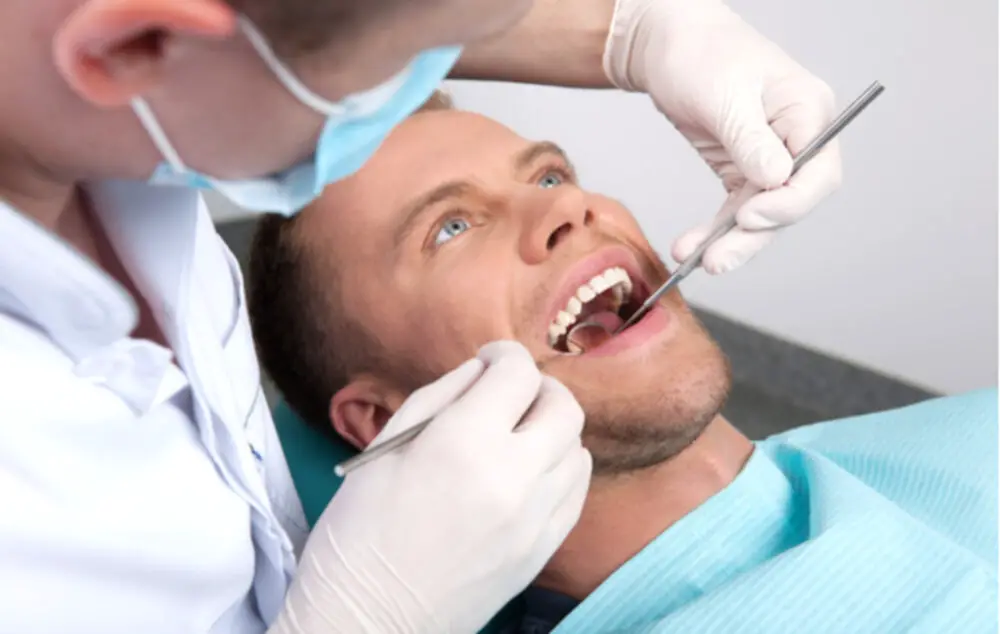
Maintaining good oral hygiene for your furry friend is essential for their overall health and well-being. While brushing their teeth regularly and providing them with chew toys can help keep their teeth clean, professional teeth cleaning is necessary to prevent dental problems. You should consider getting your dog’s teeth professionally cleaned at least once a year, and more frequently if they are at risk of developing dental issues. Dogs that are older, or have a history of dental problems, may require more frequent cleanings. It’s important to note that dogs can suffer from the same dental problems as humans, including gum disease and tooth decay. When left untreated, these conditions can lead to serious health issues, such as infections and even heart disease. Professional teeth cleaning for your pup involves a thorough cleaning of their teeth and gums, as well as an examination for any signs of dental problems. Your veterinarian may also recommend dental X-rays to check for any underlying issues. By staying on top of your dog’s oral health, you can help ensure they stay happy and healthy for years to come.
Professional dental cleaning is necessary for dogs when there is a buildup of plaque and tartar on their teeth, which can lead to periodontal disease. Periodontal disease is a bacterial infection that affects the gums and bones that support the teeth, causing discomfort, pain, and tooth loss. It is essential to get your dog’s teeth cleaned professionally at least once a year, depending on their age, breed, and dental health. Regular dental cleaning can prevent dental issues and ensure that your furry friend has a healthy and happy smile. Additionally, professional dental cleaning can help detect any early signs of dental problems and prevent serious dental issues from developing.
Dental cleaning is an essential part of maintaining your dog’s overall health and well-being. Some signs that indicate a need for professional dental cleaning include bad breath, visible tartar buildup, red or swollen gums, loose or missing teeth, and difficulty eating or chewing. Bad breath is often the first sign of dental problems, and it is caused by bacteria that accumulate on the teeth and gums. Tartar buildup, which is a hard, yellow-brown substance that forms on the teeth, can also lead to gum disease and tooth decay. If you notice any of these signs, it is important to schedule a dental cleaning with your veterinarian as soon as possible to prevent further dental issues and ensure your pup’s healthy smile.
Dental cleaning for dogs is a crucial aspect of their overall health and well-being. It involves the removal of tartar and plaque buildup on their teeth, which can cause serious dental problems if left untreated. The process typically begins with a thorough examination of the dog’s teeth, gums, and mouth to identify any issues that may require special attention. Then, a professional dental cleaning is performed by a veterinarian or a trained dental hygienist, which involves scaling the teeth to remove tartar and plaque, polishing the teeth to smooth out any rough surfaces, and applying a fluoride treatment to strengthen the teeth. Regular dental cleanings, along with daily toothbrushing and a healthy diet, can help ensure that your furry friend maintains a healthy and happy smile for years to come.
How Often Should You Get Your Dog’s Teeth Professionally Cleaned?
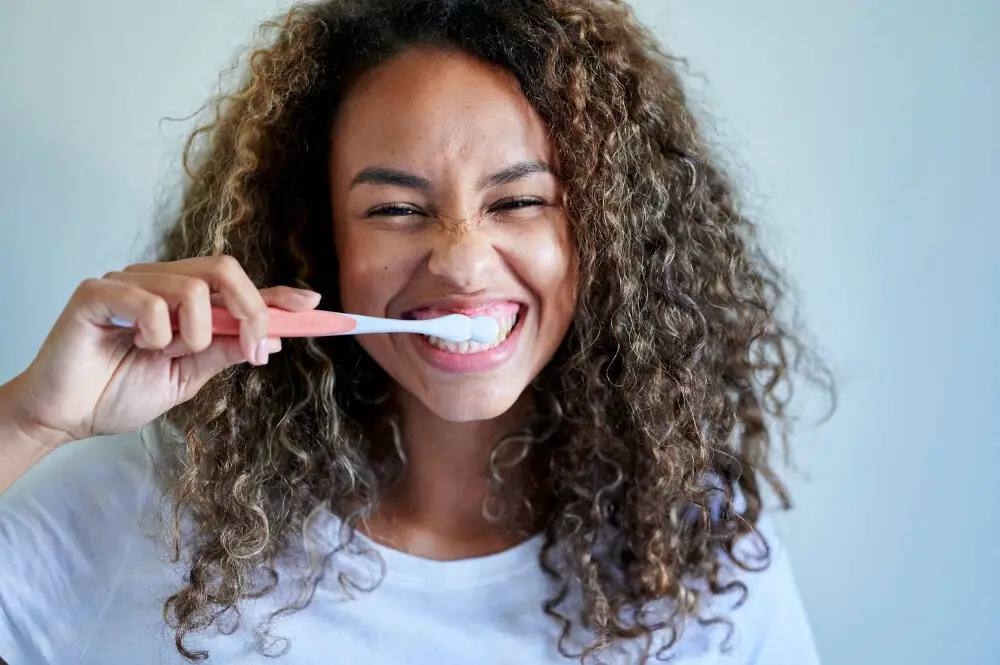
Dental hygiene is essential for our furry friends, just like it is for us humans. A healthy smile can lead to a healthy dog, and it can prevent dental diseases that can cause pain and discomfort. While brushing your dog’s teeth at home is an excellent way to maintain their oral health, it is not always enough to keep their teeth clean. Professional teeth cleaning is necessary to remove tartar build-up and prevent gum disease. But how often should you get your dog’s teeth professionally cleaned? The frequency of professional teeth cleaning depends on various factors. The size, breed, and age of your dog can affect how often they need their teeth cleaned. Smaller breeds and older dogs tend to have more dental problems and may require more frequent cleanings. The overall dental health of your dog is also essential in determining the frequency of cleaning. If your dog has healthy teeth and gums, they may only need a cleaning once a year. However, if they have more severe dental issues, they may require more frequent cleanings. It is best to consult with your veterinarian to determine how often your dog needs professional teeth cleaning to maintain their oral health.
There are several factors that determine how often your dog needs professional dental cleaning. Firstly, the breed of your dog plays a significant role in determining the frequency of cleaning. Some breeds are more prone to dental issues than others and may require more frequent cleanings. Secondly, age is another important factor. Puppies may require more frequent cleanings as their teeth are still developing and adult dogs may need less frequent cleanings. Thirdly, the diet of your dog is also crucial in determining how often they need professional cleaning. Feeding your dog a diet high in sugar and carbs can lead to increased plaque buildup and dental problems. Lastly, the overall dental health of your dog is important. Dogs with pre-existing dental issues may require more frequent cleaning to prevent further complications.
The frequency of dental cleaning for dogs varies based on their breed and age. Generally, smaller breeds require more frequent cleanings than larger breeds due to their smaller mouths and overcrowded teeth. Puppies also require more frequent cleanings as their teeth are still developing and require special care. As dogs age, their dental needs change as well. Older dogs may require more frequent cleanings due to the buildup of tartar and plaque. It is recommended to consult with a veterinarian to determine the appropriate frequency of dental cleanings for your dog based on their individual needs. Regular dental cleanings can prevent dental diseases and ensure your pup has a healthy and happy smile.
Working with your veterinarian is key to determining the best dental cleaning schedule for your furry friend. First and foremost, it’s important to establish a baseline by having a thorough dental exam performed. Your vet will evaluate the degree of dental disease present and provide guidance on any necessary treatments. From there, you can discuss a cleaning schedule that takes into account your dog’s breed, age, diet, and overall health. While some dogs may require cleanings every six months, others may only need them annually. It’s important to note that regular at-home dental care, such as brushing and using dental chews, can also extend the time between cleanings. By working closely with your vet, you can ensure that your dog’s oral health is well-maintained and their smile stays happy.
Dental hygiene is an essential aspect of a dog’s overall health and well-being. Neglecting dental care can lead to various dental problems such as bad breath, gum disease, tooth decay, and tooth loss. Apart from oral problems, poor dental health can also lead to other health issues such as heart, liver, and kidney disease. Therefore, regular dental check-ups, professional teeth cleaning, and daily brushing are crucial to maintain good dental hygiene for dogs. Taking care of your dog’s teeth will not only prevent dental problems but will also ensure your furry friend has a happy and healthy life.
The article \Healthy Pup Happy Smile: How Often Should You Get Your Dog’s Teeth Cleaned\ emphasizes the importance of dental hygiene for dogs. It explains that regular dental check-ups and cleaning can prevent various oral diseases and help dogs maintain healthy teeth and gums. The article also suggests ways of brushing a dog’s teeth at home and recommends using dental chews and toys to keep their teeth clean. The author emphasizes that the frequency of dental cleaning depends on the individual dog’s needs, but an annual check-up is recommended to ensure that any potential issues are caught early. Overall, the article emphasizes that good dental hygiene is essential for a dog’s overall health and well-being.
As a responsible dog owner, it’s crucial to prioritize your furry friend’s dental hygiene. Neglecting their teeth can lead to various health issues, such as gum disease, tooth decay, and bad breath. Therefore, it’s essential to take proactive measures to maintain your dog’s oral health, such as regular teeth cleaning and checkups with a veterinarian. Besides, you can also prevent dental problems by feeding your dog a balanced diet, providing them with chew toys, and avoiding sugary treats. Whether your dog is a puppy or a senior, it’s never too early or late to start taking care of their teeth. So, make sure to incorporate dental care into your dog’s routine and keep their smile healthy and happy!
Conclusion
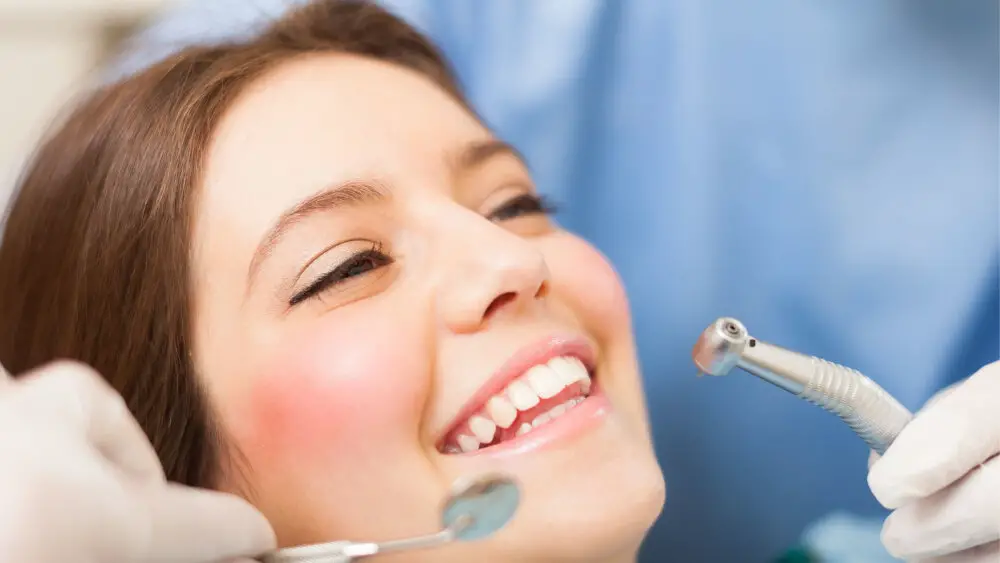
In conclusion, maintaining good oral hygiene for your furry friend can be a crucial aspect of their overall health and happiness. Regular teeth cleaning can help prevent dental diseases and ensure that your dog’s teeth stay healthy and strong. The frequency at which you should get your dog’s teeth cleaned may vary depending on their breed, age, and lifestyle. It’s best to consult with a veterinarian to determine the optimal dental care routine for your pup. Remember, a healthy pup means a happy smile, so prioritize your dog’s dental health to keep them smiling and wagging their tail for years to come.


